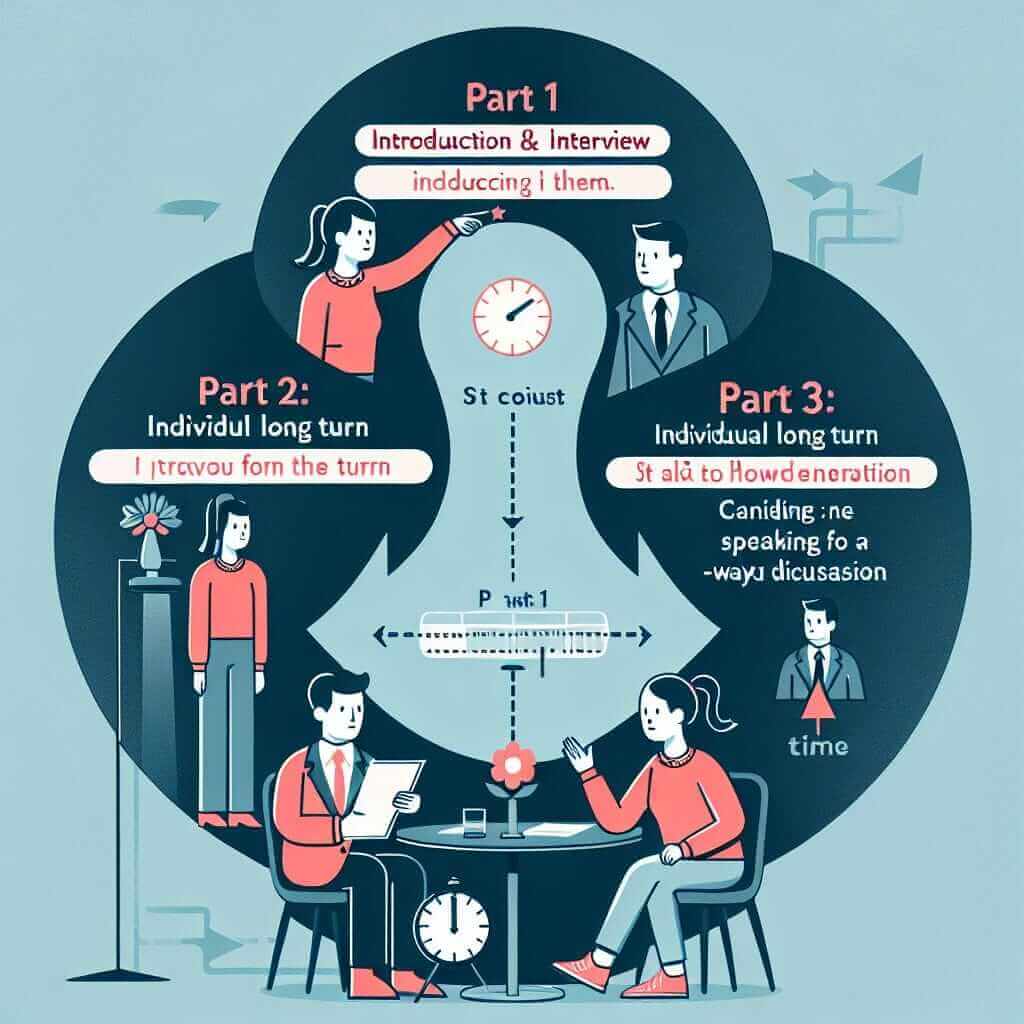The IELTS Speaking test often causes anxiety among candidates, with many wondering about the format and expectations. One common question that arises is, “Do you have to write a story for IELTS Speaking?” Understanding the answer is crucial for effective preparation and a confident performance on test day.
IELTS Speaking: No Storytelling Required
Let’s clarify right away: you do not have to write a story for the IELTS Speaking test. The Speaking section evaluates your ability to communicate effectively in English in a conversational setting.
While storytelling might be a component of other English proficiency exams, the IELTS Speaking test focuses on your ability to:
- Speak fluently and coherently.
- Use a wide range of vocabulary accurately.
- Demonstrate grammatical range and accuracy.
- Pronounce words clearly and naturally.

What to Expect in the IELTS Speaking Test
The IELTS Speaking test is a 11-14 minute interview-style assessment divided into three parts:
Part 1: Introduction & Interview: This part involves general questions about yourself, your interests, and familiar topics.
Part 2: Individual Long Turn: You will receive a cue card with a topic and prompts. You have one minute to prepare and then speak about the topic for 1-2 minutes.
Part 3: Two-way Discussion: You will engage in a deeper discussion with the examiner related to the topic in Part 2.
Addressing the Misconception
The confusion about storytelling likely stems from Part 2, where you speak on a given topic for an extended period. While the cue card might ask you to describe an experience or a person, this is not the same as constructing a fictional story. You are expected to share your personal experiences, opinions, and knowledge in a structured and engaging manner.
Tips for Success in IELTS Speaking
Here are some essential tips to excel in the IELTS Speaking test:
- Practice speaking English regularly: Engage in conversations, record yourself speaking, and seek feedback from fluent speakers.
- Expand your vocabulary: Learn and use a variety of words and phrases relevant to common IELTS topics.
- Work on your grammar: Ensure your sentences are grammatically accurate and varied in structure.
- Focus on fluency and coherence: Speak smoothly and connect your ideas logically.
- Be confident and natural: Relax, be yourself, and communicate your thoughts clearly and enthusiastically.
Conclusion
While you won’t be crafting fictional tales, the IELTS Speaking test demands strong communication skills and a good command of the English language. By understanding the test format, practicing regularly, and focusing on fluency and accuracy, you can approach the Speaking section with confidence and achieve your desired band score.